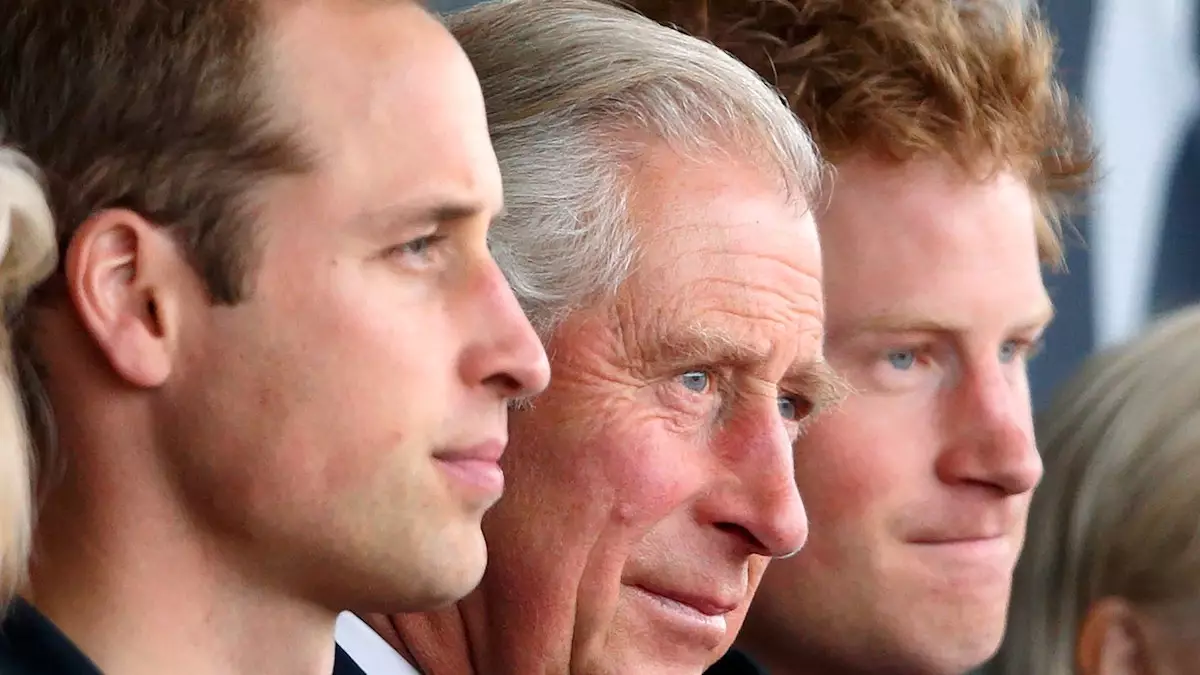In recent years, the Duke of Sussex, Prince Harry, has found himself at the center of a family drama that has raised eyebrows both in the United Kingdom and around the globe. The ties between him and his immediate family—especially his father, King Charles III, and his brother, Prince William—have become increasingly frail. This article delves into the complexities of Harry’s relationship with the monarchy, highlighting the implications of their strained interactions and the surrounding narrative.
The relationship among the members of the royal family has always been scrutinized, but the rivalry between Harry and his family has taken on new dimensions since his relocation to the United States in 2020. The Duke’s return to the UK in February for a meeting with King Charles following the King’s cancer diagnosis marked a poignant moment; however, it also served as a reminder of the barriers that have gradually grown between father and son. Their interactions remain sparse, and even during special occasions, such as their uncle Lord Fellowes’ funeral, physical and emotional distances were palpable. Reports indicate that William and Harry did not even sit together, a powerful visual metaphor for their discord.
Despite Harry’s presence in the UK for significant events like the Invictus Games and the WellChild Awards, he and King Charles have not shared a moment together since their February meeting. This absence begs the question: can reconciliation occur without meaningful dialogue? Royal biographer Robert Hardman elucidates that any potential conversations between Harry and Charles must necessarily include Prince William, given his future role within the monarchy.
The dynamics of the family are not merely about personal relationships; they are also influenced by external pressures. The King’s ongoing health concerns complicate matters further. Hardman suggests that any dialogue between Harry and Charles could easily lead to emotionally charged confrontations. With the King undergoing cancer treatment, the advisory consensus is that it remains an inopportune moment for such intense discussions. In essence, the complexities of the situation sit at the crossroads of concern for individual well-being and the overarching need for familial reconciliation.
Moreover, any potential conversation is further complicated by Prince William’s involvement. The idea that Harry and Charles could forge a path toward reconciliation without William’s approval or say is viewed as unrealistic. As the future king, William’s perspectives and feelings are critical to any familial decisions between his younger brother and their father.
In addition to the emotional rift within the family, Prince Harry’s legal battles add another layer of complexity to an already strained situation. Since moving to America, the Duke has made headlines over his legal pursuit concerning security arrangements during his visits to the UK. Harry’s legal team seeks to challenge a decision made by the Home Office regarding taxpayer-funded protection, a move that not only has legal ramifications but also creates political and personal strain within the family.
The juxtaposition of a royal suing the King’s ministers presents an oddity that weighs heavily on the monarch’s shoulders. As Hardman points out, this scenario creates an awkward tension where familial ties and royal duties intersect. Should Harry present intimate information discussed with his father during court proceedings, it could lead to “serious legal jeopardy” for the monarch and ultimately jeopardize the case itself.
As the world watches, the question arises: where does the relationship go from here? The future remains uncertain for Prince Harry and his family. The blend of personal grievances, legal controversies, and the added layer of medical urgency around King Charles paints a complex picture. It is clear that some form of reconciliation is needed but achieving that will require careful navigation through emotional terrain, familial loyalty, and public scrutiny.
The evolving dynamics of the Sussex relationship with the royal family encapsulate a broader narrative about family, duty, and the impact of personal choices against a backdrop of immense public interest. Both Harry and his family must confront the realities of their situation and decide how to move forward in a manner that honors both their histories and their futures.

